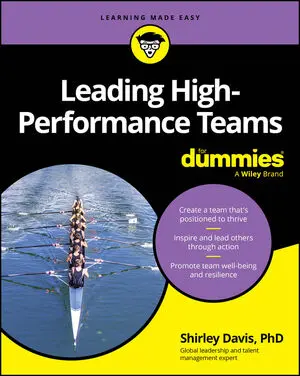Meetings that produce results don't just happen by accident. Fortunately, your dysfunctional meeting blues have a cure. The cure is readily available, inexpensive, and easy to swallow:
Be prepared. You need only a little time to prepare for a meeting, and the payoff is increased meeting effectiveness. Instead of wasting time trying to figure out why you're meeting, your preparation gets results as soon as the meeting starts.
Have an agenda. An agenda is your road map, your meeting plan. With it, you and the other participants recognize the meeting goals and know what you're going to discuss. And if you distribute the agenda and other documents to participants before the meeting, you multiply its effectiveness because the participants can prepare for the meeting in advance.
Start on time and end on time (or sooner). Respect your participants by starting and ending your meetings on time. You don't want them to spend the entire meeting looking at their watches and worrying about how late you're going to keep them.
Have fewer — but better — meetings. Call a meeting only when a meeting is absolutely necessary. When you do call a meeting, make the meeting a good one. Do you really have to meet to discuss a change in your travel reimbursement policy? Wouldn't an e-mail message to all company travelers do just as well? Whenever you're tempted to call a meeting, make sure you have a good reason for doing so.
Think inclusion, not exclusion. Be selective about whom you invite to your meetings — select only as many participants as needed to get the job done. But don't exclude people who may have the best insight into your issues simply because of their ranks in the organization or their lifestyles, appearance, or beliefs.
Maintain the focus. Ruthlessly keep your meetings on topic at all times. Although doing everything but talking about the topic at hand can be a lot of fun, you called the meeting for a specific reason. Stick to the topic. If you finish the meeting early, then by all means end it.
Capture action items. Have you ever come out of a meeting wondering why the meeting took place? Was it a meeting with no purpose, no direction, and no assignments or follow-up actions? Make sure that your meetings have purpose and that you assign action items to the appropriate people.
Get feedback. Feedback can be a great way to measure the effectiveness of your meetings. Not only can you find out what you did right, but you can find out what you did wrong and get ideas on how to make your future meetings more effective. After the meeting, ask participants to give you their honest and open feedback — verbally or in writing — and then use it. You can never see yourself as others do unless they show you.






